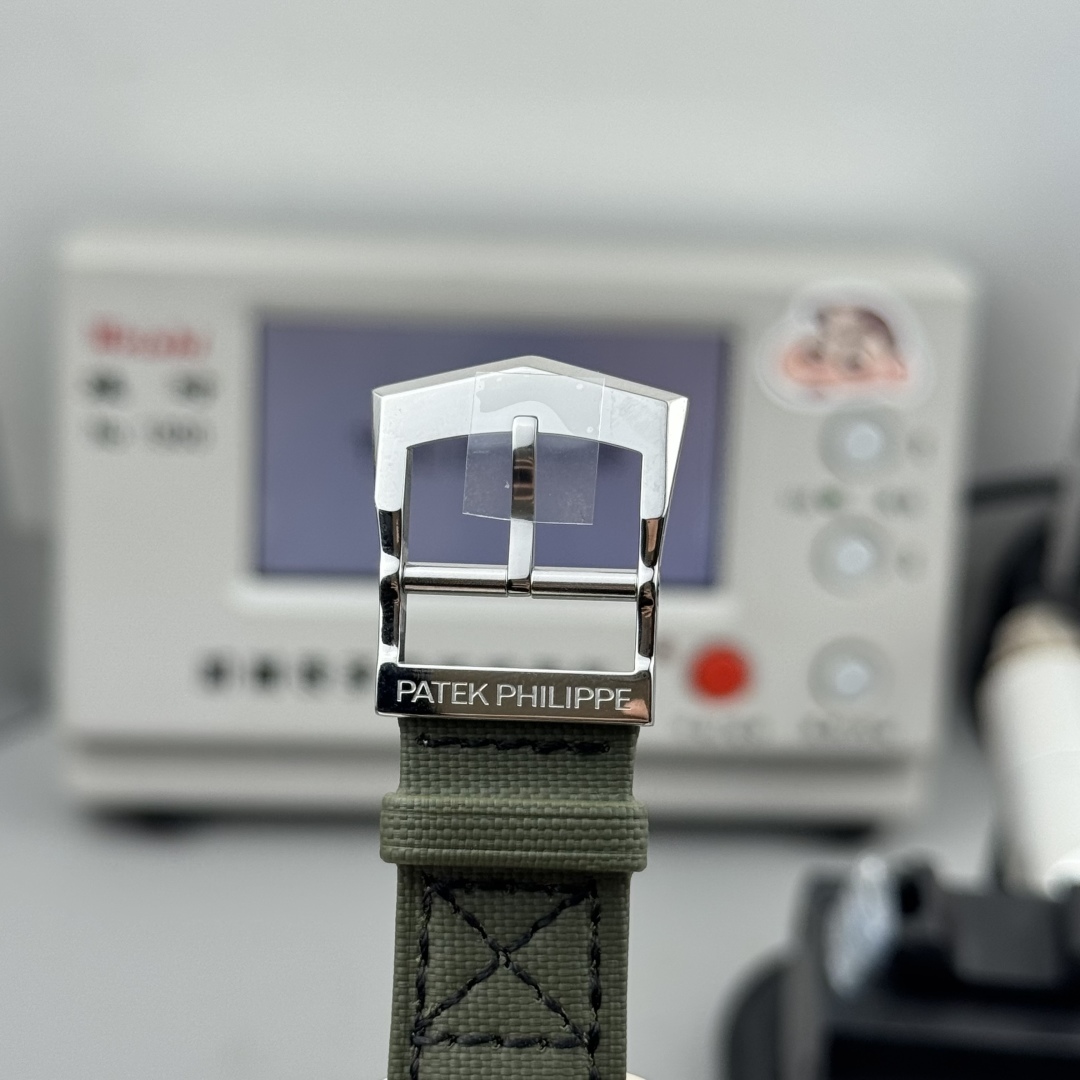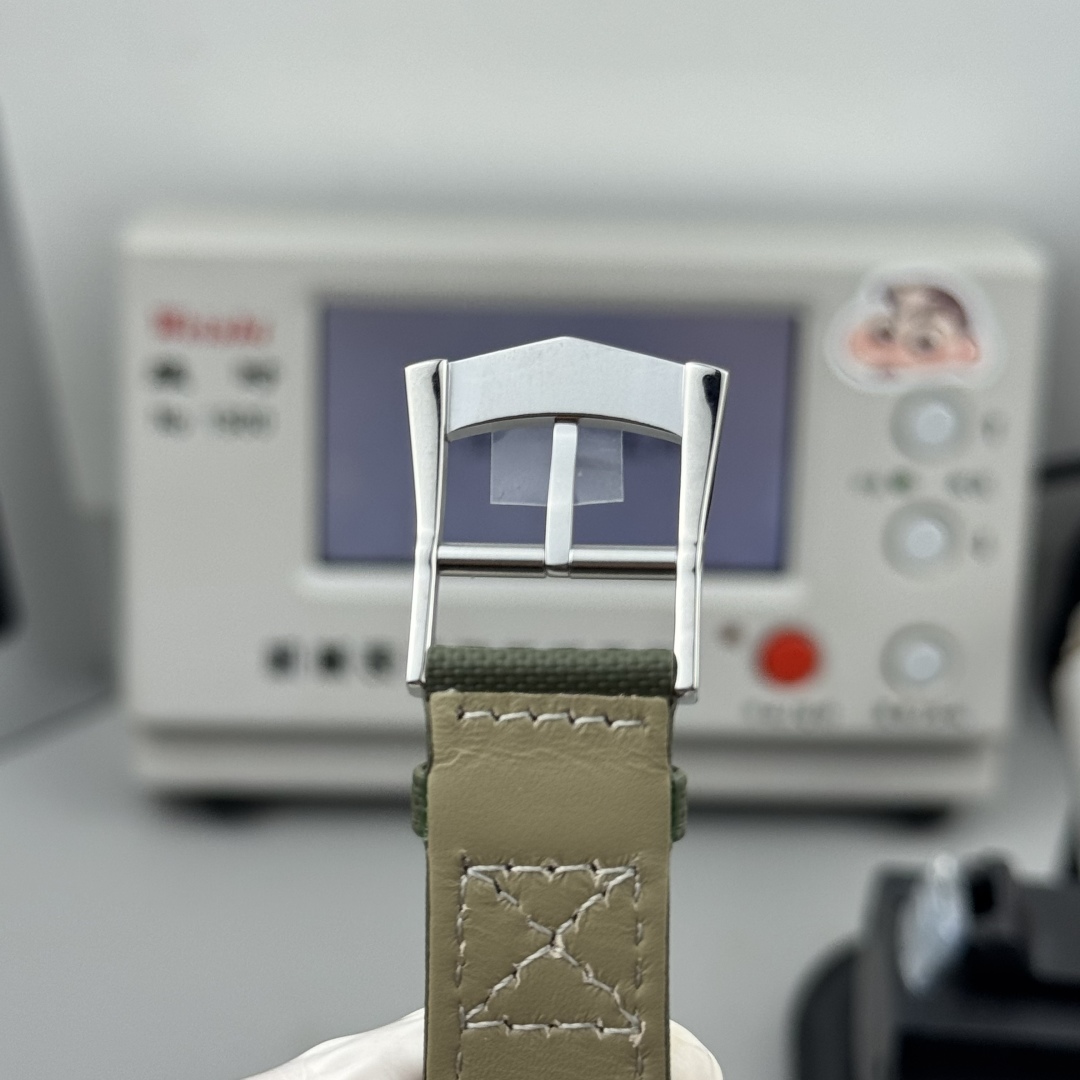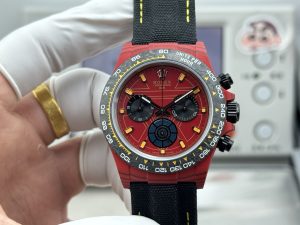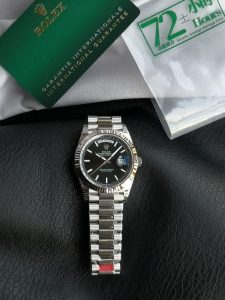In the realm of luxury timepieces, few names resonate with the gravitas of Patek Philippe. Known for their intricate craftsmanship and timeless appeal, these watches often symbolize the pinnacle of horological sophistication. The Patek Philippe 5524G is no exception, celebrated for its precise GMT functionality which meticulously aligns with the genuine model. Yet, the conversation inevitably turns to the prevalence of replicas, particularly those mimicking the 5524G, which promise identical functionalities. This article delves into the intricacies of the Patek Philippe 5524G replica world, exploring the economic, ethical, and psychological dimensions of owning such timepieces.
The Craft of Detail: Functionality and Authenticity
One of the standout features of the Patek Philippe 5524G is its GMT functionality, offering a practical solution for the modern traveler. The replica of this model claims to mirror this exact feature, a significant accomplishment considering many replicas merely imitate the outward appearance while neglecting intricate functionalities. The replica’s commitment to maintaining the dual time zone display—Local/Home functions—mirrors the meticulous attention given in authentic models, making them a topic of great discussion among enthusiasts. However, such precision prompts inquiries about the underlying economic and ethical implications.
Pricing versus Value: The Economic Landscape
Authentic Patek Philippe watches command significant price tags, often reaching tens of thousands of dollars. The replicas, meanwhile, offer a much lower entry point, yet they replicate the visual and functional aspects closely. This economic dichotomy raises questions about value and investment. Industry data suggests that luxury watches, while often perceived as investments, can vary widely in their actual financial returns. According to the Knight Frank Luxury Investment Index, watches have shown a steady increase in value, yet the speculative nature makes authenticity crucial. Thus, the economic appeal of replicas offers a compelling yet complex prospect.
Branding and Ethical Considerations
The allure of owning a Patek Philippe is inextricably linked to its brand essence—exclusivity, heritage, and craftsmanship. Replicas, while offering similar aesthetics, challenge these pillars, leading to ethical debates. Is it ethical to purchase a replica that undermines the brand’s legacy, or is it simply a democratization of luxury? For some consumers, a replica watch represents an opportunity to experience a level of luxury otherwise unattainable, yet for others, it diminishes the brand’s crafted narrative.
Psychological and Personal Value
The desire for luxury watches often intersects with a perception of status and personal achievement. Psychologically, wearing a Patek Philippe, even a replica, can influence self-perception and societal interaction. Critics of replica watches argue they dilute the authenticity of the luxury experience, reducing a symbol of personal success and heritage to mere mimicry. Conversely, supporters suggest that replicas allow for a personal expression of style and sophistication without the financial burden, challenging the notion that self-worth is tied to material authenticity.
Conclusion: Navigating the Terrain of Replicas
Ultimately, the Patek Philippe 5524G replica illustrates the multi-dimensional nature of luxury consumerism today. It invites a broader discussion about authenticity, value, and personal identity. While replicas may never replace the emotional and investment value of genuine timepieces, they undeniably cater to a segment of the market that values aesthetic and functionality above brand sanctity. As such, the world of replicas continues to challenge the boundaries of luxury, prompting ongoing debates that are as complex as the watches themselves.












